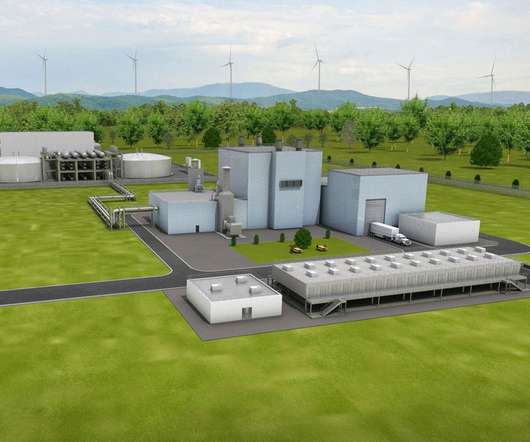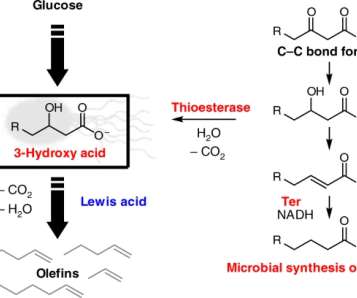Converting Coal Power Plants to Nuclear Gains Steam
Cars That Think
SEPTEMBER 27, 2022
On a planet aspiring to become carbon neutral, the once-stalwart coal power plant is an emerging anachronism. Department of Energy (DOE) released a report suggesting that, in theory, over 300 former and present coal power plants could be converted to nuclear. Conversion backers say the process has benefits for everybody involved.





















Let's personalize your content